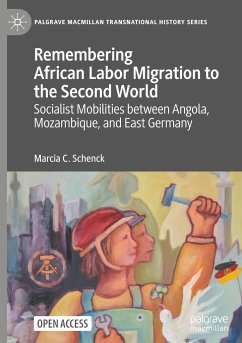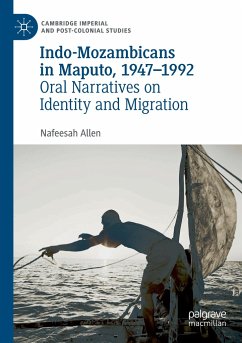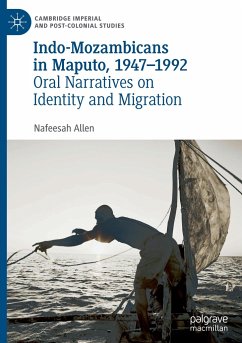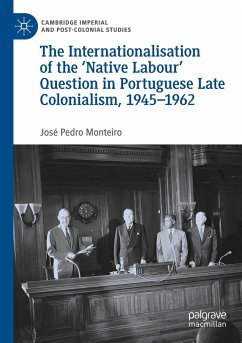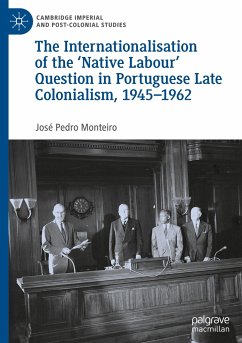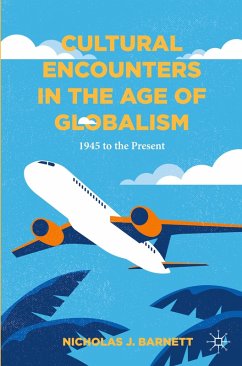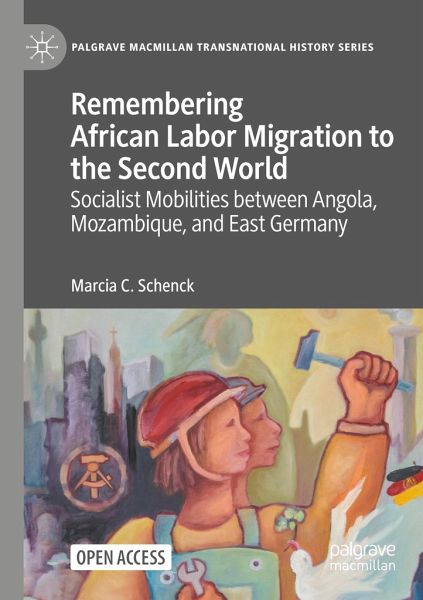
Remembering African Labor Migration to the Second World
Socialist Mobilities between Angola, Mozambique, and East Germany

PAYBACK Punkte
16 °P sammeln!
This open access book is about Mozambicans and Angolans who migrated in state-sponsored schemes to East Germany in the late 1970s and throughout the 1980s. They went to work and to be trained as a vanguard labor force for the intended African industrial revolutions. While they were there, they contributed their labor power to the East German economy. This book draws on more than 260 life history interviews and uncovers complex and contradictory experiences and transnational encounters. What emerges is a series of dualities that exist side by side in the memories of the former migrants: the sta...
This open access book is about Mozambicans and Angolans who migrated in state-sponsored schemes to East Germany in the late 1970s and throughout the 1980s. They went to work and to be trained as a vanguard labor force for the intended African industrial revolutions. While they were there, they contributed their labor power to the East German economy.
This book draws on more than 260 life history interviews and uncovers complex and contradictory experiences and transnational encounters. What emerges is a series of dualities that exist side by side in the memories of the former migrants: the state and the individual, work and consumption, integration and exclusion, loss and gain, and the past in the past and the past in the present and future. By uncovering these dualities, the book explores the lives of African migrants moving between the Third and Second worlds.
Devoted to the memories of worker-trainees, this transnational studycomes at a time when historians are uncovering the many varied, complicated, and important connections within the global socialist world.
This book draws on more than 260 life history interviews and uncovers complex and contradictory experiences and transnational encounters. What emerges is a series of dualities that exist side by side in the memories of the former migrants: the state and the individual, work and consumption, integration and exclusion, loss and gain, and the past in the past and the past in the present and future. By uncovering these dualities, the book explores the lives of African migrants moving between the Third and Second worlds.
Devoted to the memories of worker-trainees, this transnational studycomes at a time when historians are uncovering the many varied, complicated, and important connections within the global socialist world.





